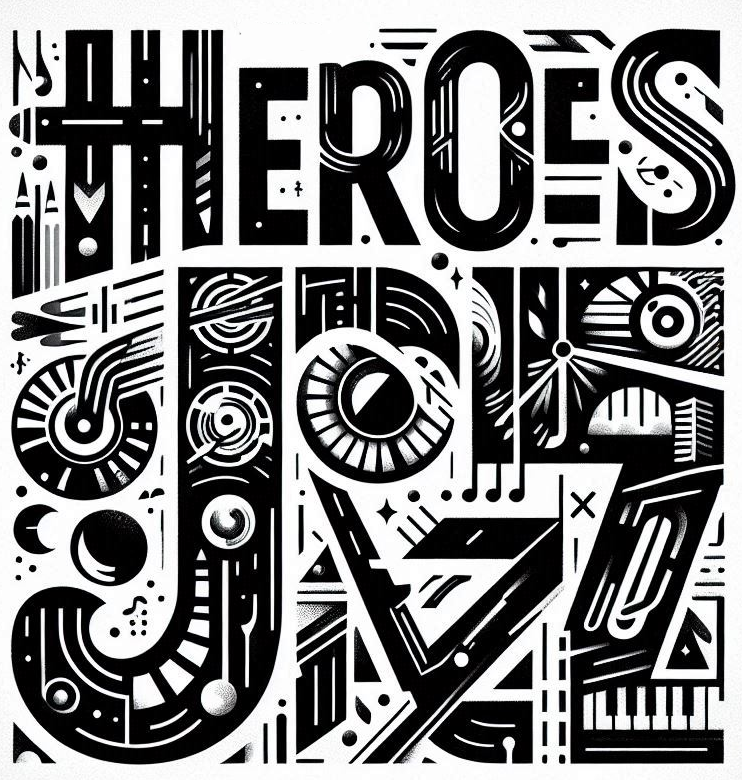
Miles Davis was born in Illinois, son a dentist and farm owner; one of the richest men in Illinois. He moved to NYC to attend Julliard and in search of Charlie Parker. He soon quit Julliard and was recording and playing in Mr. Parkers band.
Unfortunately, he picked up some of Charlie Parker’s bad habits – heroin addiction. He briefly moved back to Illinois asking his father to help him kick his habit, which he did successfully.

After moving back to NYC, he branched out on his own and invented what was to be called the West Coast style of jazz, getting away from the complex, fast and frantic sound of be-bop to a more relaxed, sophisticated, and spacious music, mixing jazz with elements of classical music and advanced large group arrangements.
This is the beginning of Miles Davis the trendsetter. Not only with his music, but in how he dressed, setting the tone for how modern men dressed and acted. His beautiful trumpet playing evolved to be original, smooth and without vibrato. His sound reflecting his strong, passionate, and sensitive personality. Every note was meaningful. His use of space was sometimes even more profound than the notes he played.

Like fashion, his music was constantly changing, leading iconic groups in jazz history, he was able to assemble the most creative and intelligent musicians of the day into his various groups.
Starting with the arranger Gil Evans, their collaboration produced a new sound that might be compared to the work of the French Impressionist painters, incorporating Miles’ breathtaking trumpet sound with Gil’s unique harmonic arrangements

He then created his first super group with John Coltrane, Bill Evans, Cannonball Adderley, Paul Chambers and Philly Jo Jones, focusing on more modal music. Miles Davis was now the leader of modern jazz.
In one infamous incident Miles was beat up by police while smoking on break outside the NYC club Birdland where he and his group was performing. Miles was extremely angry and did not stay silent about racism in America.

His second super group included Herbie Hancock, Wayne Shorter, Ron Carter, and Tony Williams leveraged Wayne and Herbie’s original compositions.
Miles was dating the actress Cicily Tyson and word was out that he was extremely jealous and sometimes violent with Ms. Tyson because of the attention she would get from people like Quincy Jones. Can one be a fan of someone with such a character flaw? Does personality enter our evaluation of the work of one of our musical geniuses?

Ever changing, Miles’s music and groups started incorporating popular soul, rock, and funk. Fusion was born. His popular groups that included John McLaughlin, Chick Corea, Keith Jarrett, Dave Leibman, Dave Holland, Jack Dejohnette, Hermeto Pascoal, Airto, John Scofield, Gary Bartz and Mike Stern were now playing alongside Jimi Hendrix and The Grateful Dead at the Filmore and rock festivals like the Isle of Wight. These groups became the incubator of talent that would lead modern jazz throughout the decades to come.

Miles’ health deteriorated and he took a break for about 10 years. When he returned to music in the 80’s his music was as relevant and vibrant as ever. He worked with the bassist/producer Marcus Miller who helped him incorporate the sound of computers and hip-hop into his music. Miles continued to perform and record into the 90s until his demise. Miles Davis continues to be the trendsetter in jazz.
